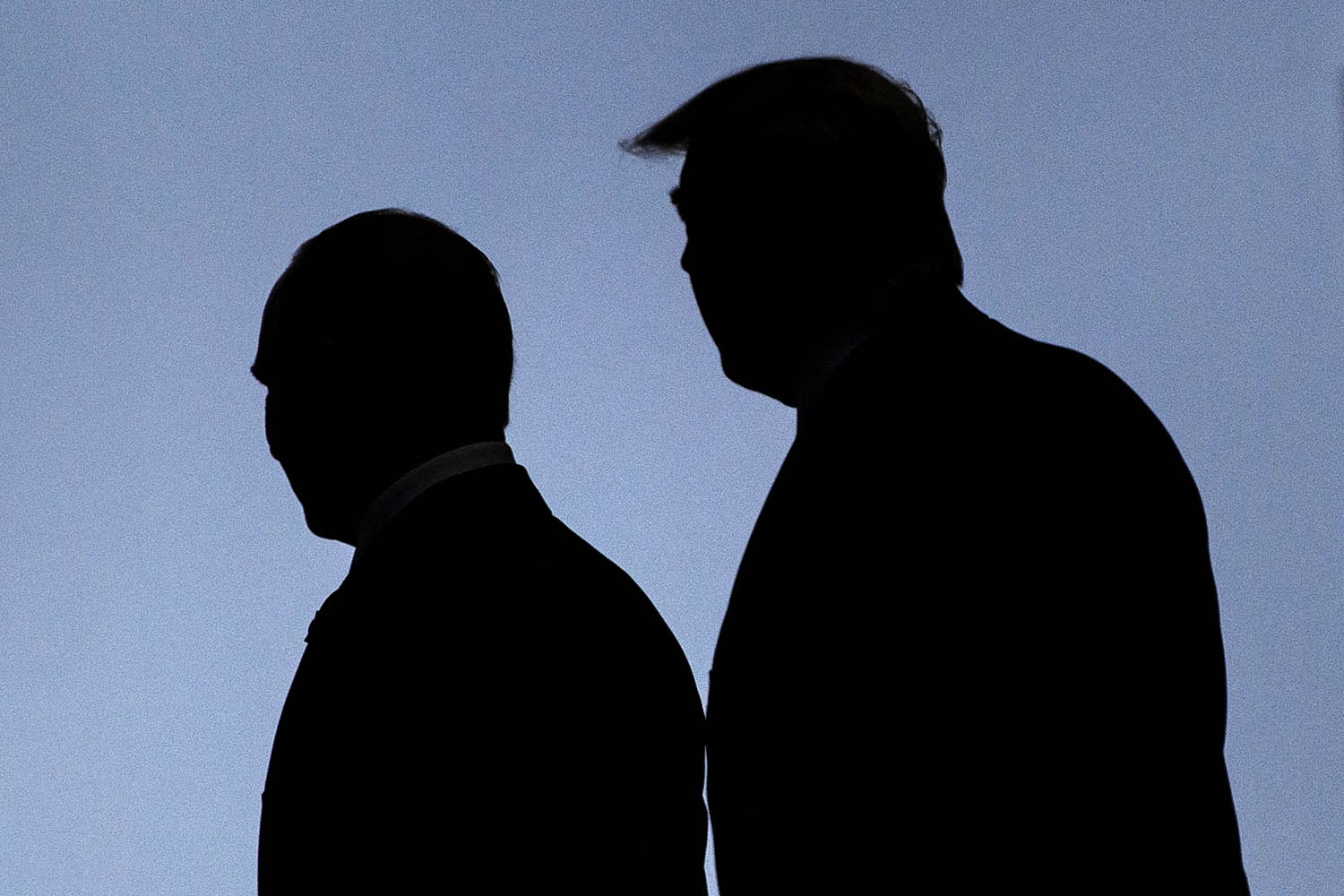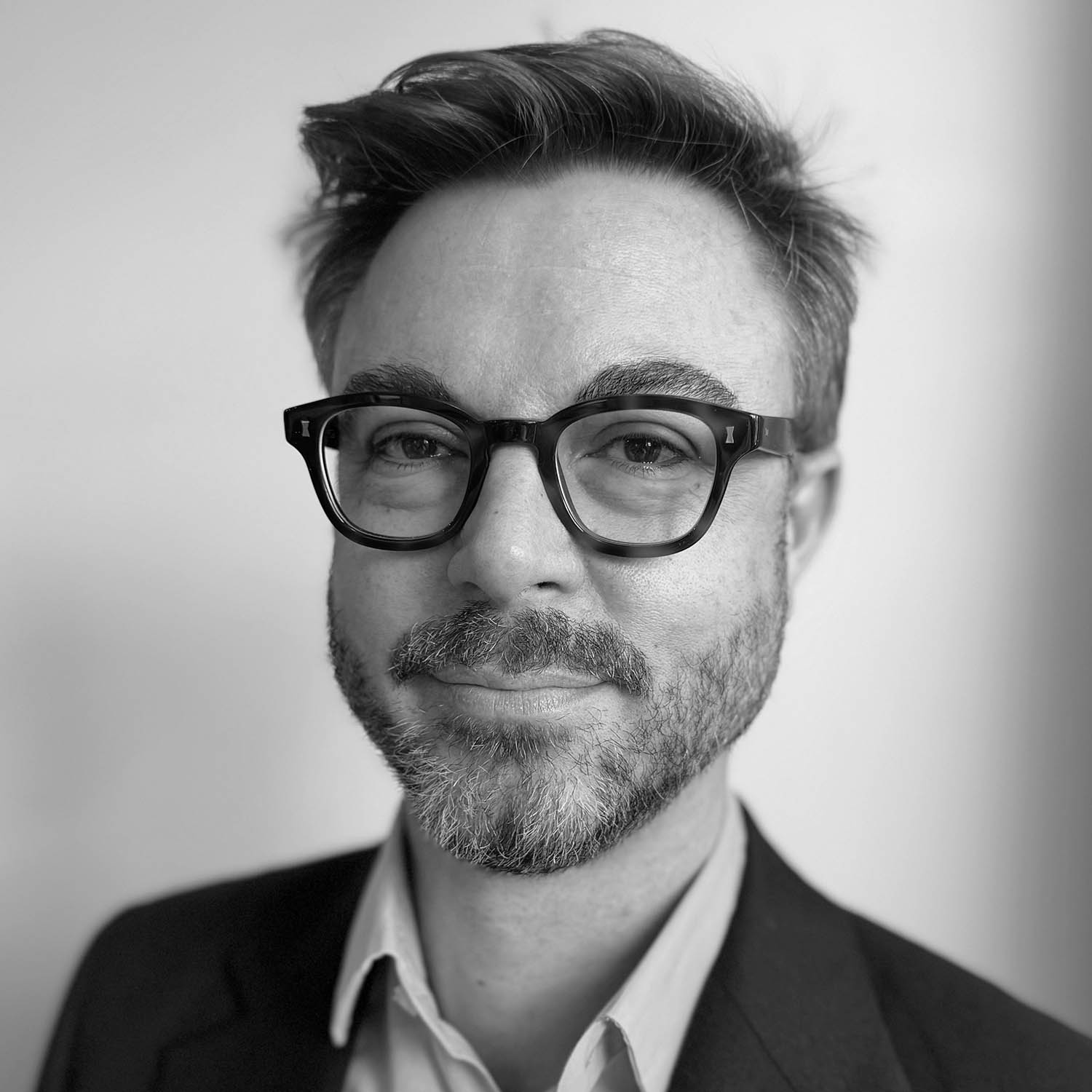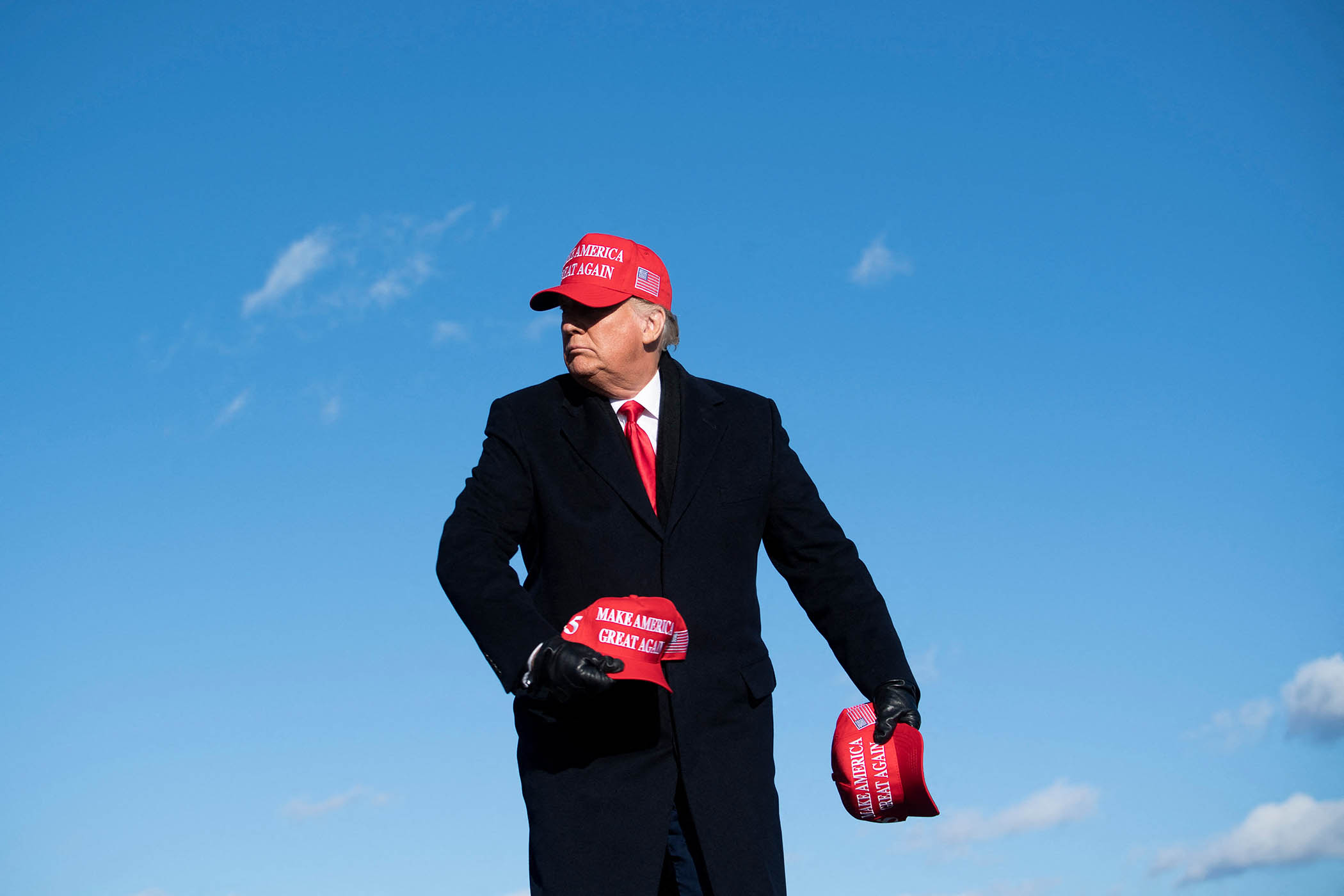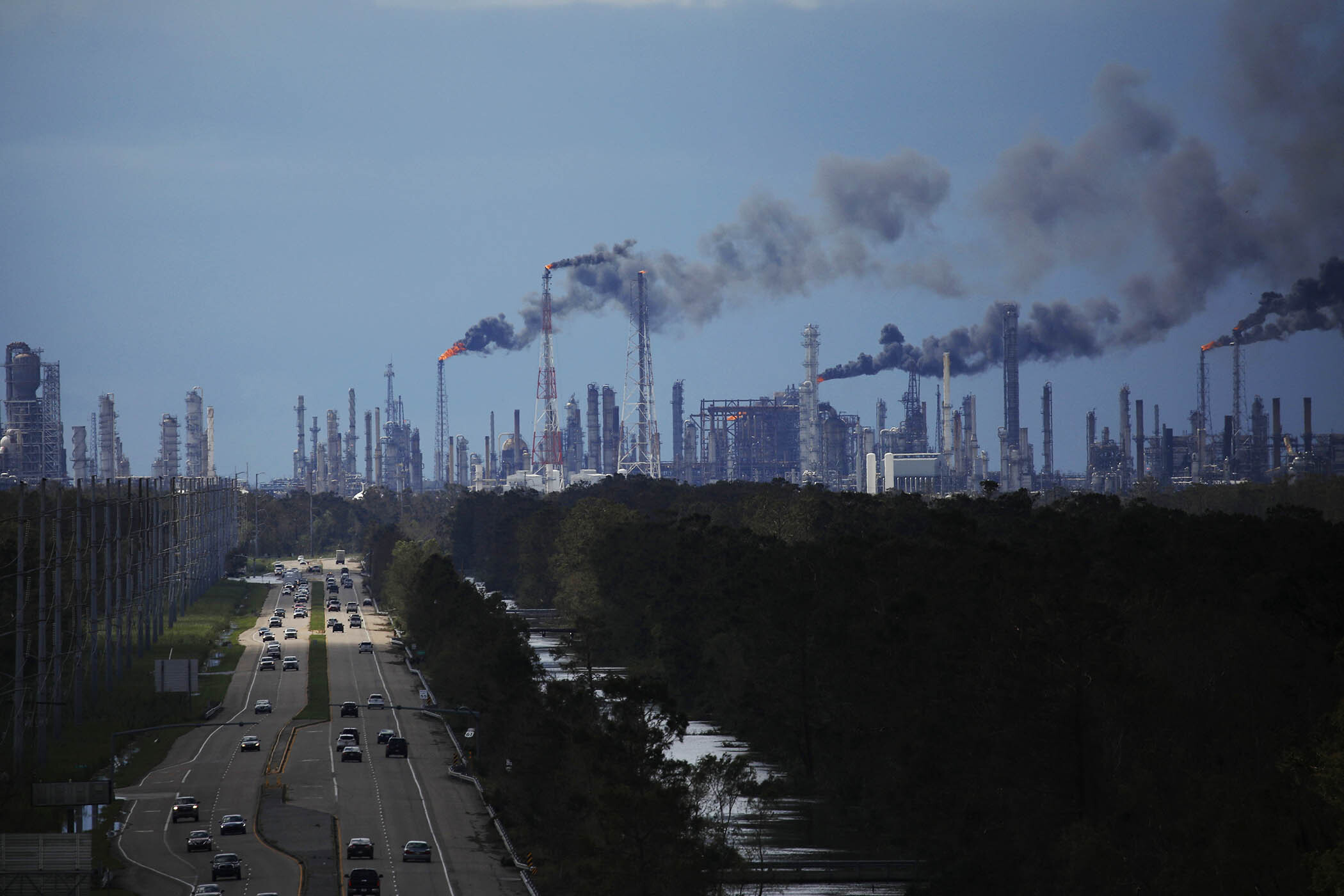For months, European leaders worked tirelessly to bring Donald Trump round to their position on Ukraine and make him see that Vladimir Putin is not serious about peace. By late July those efforts seemed to bear fruit with the US president expressing frustration towards Moscow and threatening new sanctions on Russia should a ceasefire deal not be reached within days.
Now, Europe is in danger of being left out in the cold again.
Hours after Trump’s peace envoy, Steve Witkoff, visited Moscow on Wednesday, the US president announced he would meet Putin in Alaska, warning that Ukraine would have to surrender territory to reach a ceasefire deal that could resolve the three-and-a half-year conflict.
“We’re going to get some back, and we’re going to get some switched,” Trump said at the White House on Friday as he confirmed the summit with Putin. “There’ll be some swapping of territories to the betterment of both.”
The Alaska summit will be the first between a US president and Putin since he launched the full-scale invasion of Ukraine in 2022, and a major victory for the Russian president – restoring him to the global stage on equal footing with Trump after years in isolation from the international community.
The announcement has alarmed European leaders who have worked to mend ties between Trump and the Ukrainian president, Volodymyr Zelensky, after a disastrous row at the White House in February.
The concern is that Trump could bow to Putin’s demands in Alaska, agreeing to carve up Ukraine without the consent of Kyiv or its allies.
Zelensky has warned that any peace accord struck without the consent of Kyiv would be “stillborn” and “unworkable”. “Ukrainians will not gift their land to the occupiers,” Zelensky added in a video statement from his office on Saturday.
Only days ago, European leaders were assured that Trump was taking a tougher line towards Putin after the Russian leader repeatedly dodged committing to a ceasefire. Russia’s intensifying bombardment of Ukraine had drawn Trump’s ire. He declared the attacks on civilian targets “disgusting” and accused Putin of talking “a lot of bullshit” on Ukraine.
The UK’s foreign secretary, David Lammy, and US vice-president, JD Vance, hosted a meeting of national security advisers from the US, Ukraine and Europe on Saturday. Negotiations will continue in a bid to reach a common position between Europe and the Trump administration before the summit. Downing Street confirmed that Keir Starmer had spoken with Zelensky before the meeting at Lammy’s grace-and-favour country retreat of Chevening.
Newsletters
Choose the newsletters you want to receive
View more
For information about how The Observer protects your data, read our Privacy Policy
“Both leaders welcomed President Trump’s desire to bring this barbaric war to an end and agreed that we must keep up the pressure on Putin to end his illegal war,” a spokesperson said.
Details of the offer presented to Putin by Witkoff remain unclear, but unconfirmed reports suggest the US is ready to make sweeping concessions to Moscow, including Russia’s de facto annexation of territory gained on the battlefield.
Polish news outlet Onet reported that the deal would also see most sanctions on Russia lifted. However, the purported offer stopped short of ruling out Nato membership for Ukraine, a key Putin demand. The Kremlin said the US offer was “quite acceptable”.
The move represents a high-stakes gamble for Trump, underscoring his confidence that he can strike a deal with Putin face-to-face. “We’re getting very close,” Trump said. Russia has so far made no concessions to US demands for a ceasefire.
Trump had blown through his own red lines ahead of Friday’s announcement, abandoning plans for a trilateral summit with Putin and Zelensky, and then dropping the threat of new sanctions against Russia.
European diplomats fear that the summit is merely a gambit by Putin to head off the threat of sanctions and buy more time for Russia’s military offensive, which has made slow but steady gains through the summer.
Many in Kyiv and across Europe are concerned Putin will exploit a meeting with Trump to drive a wedge between the US and its allies.
Trump’s former national security adviser John Bolton condemned the decision to host the summit on US soil, comparing it to the president’s invitation for the Taliban to visit Camp David during in his first term in office. Some in Washington share European concerns, recalling Trump’s closed-door meeting with Putin in Helsinki during his first term in 2018. After two hours alone with the Russian leader, the president emerged siding with Putin over his own intelligence agencies on whether Moscow had meddled in the 2016 US presidential election.
Photograph by Brendan Smialowski/Getty



